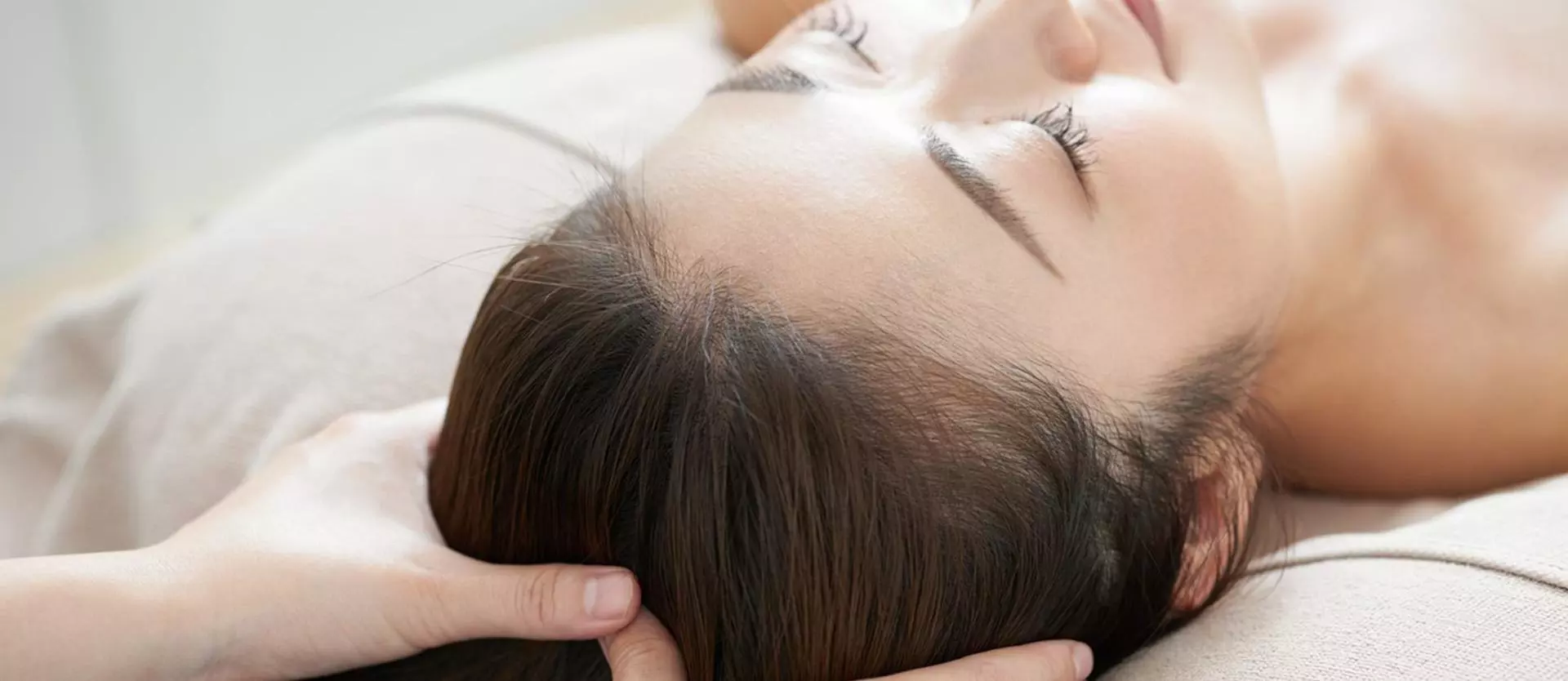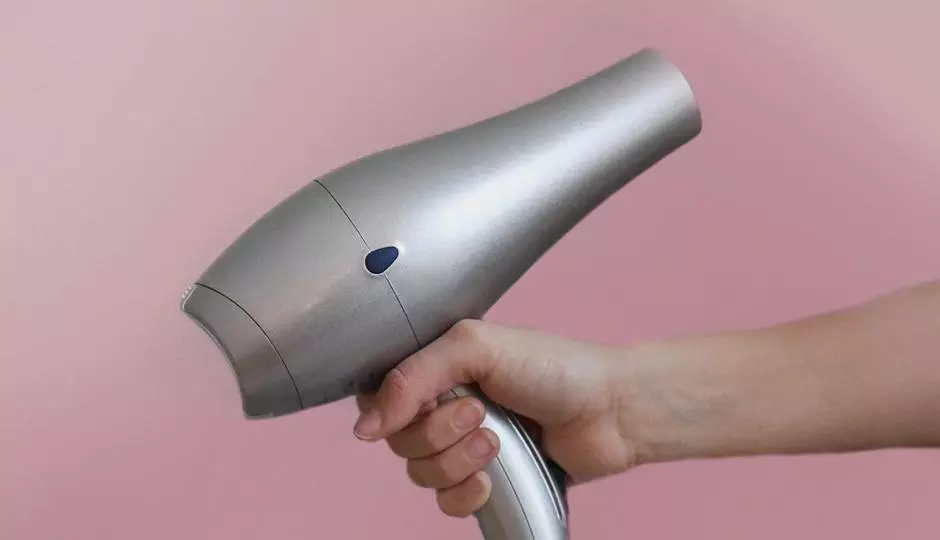How do you take care of your skin? For many people, this often means purchasing high-quality products and spending enough time on their skin each day to ensure it looks fantastic. The key to remember here is that your skin needs that type of attention, but so does your scalp. When you consider that, ask yourself what type of care and time you are putting into your scalp. Is it enough? Are you putting enough time and effort into ensuring your scalp remains healthy? Here are some factors that play a role in this process.
What Types of Products Do You Use?
Start with the products you are using on your skin. Many people are very particular about the types of products they use, knowing that the wrong types could lead to a significant amount of damage to the skin. Are you using organic or all natural products for your skin? You may know the importance of avoiding harsh chemicals on your skin since this can cause damage and leads to a higher risk factor for aging.
Apply the same type of advice to your scalp. Use a high quality product for washing your hair, and be sure to massage it into the scalp, too. You also want to consider the ingredients in those products. Look for products that include the very best quality of ingredients. When possible, choose the all natural products here as well.
How Often Do You Care for It?
This is a tricky area because doing too much with your hair and scalp can cause significant damage. Consider, for example, what may happen if you washed your skin with a cleanser that was not good for it and you did this every day. The risks of damage and inflammation are higher.
It is also true that the wrong type of skin care products can strip the oils from the skin as well. That makes it much harder for your skin to remain healthy and supple. You may want to consider the steps you can take to improve your scalp in the same way.
Avoid washing every day if your scalp is dry. If your scalp is dry, you may want ot shampoo 2 to 3 times per week. If you have an oily scalp, you may have to wash your hair more often with a mild, gentle shampoo. The key here is to use all natural ingredients that are free of harsh detergents. It is best to consult with a hair professional that can analyze your scalp with a microscope camera and then recommend the proper hair care regimen for your scalp based on your needs.
What About the Sun?
Are you taking steps to protect your skin from the sun? You may be purchasing quality products, including makeup and sun screen products designed to limit the amount of damage created by the sun. Your skin should be protected from the sun, of course, but you can also take steps to protect your scalp.
Use products that help to keep your hair from drying out. If you go swimming in a chlorine or otherwise chemically treated pool, be sure you rinse this from your hair. Then use a gentle shampoo to remove the chlorine from your hair. Next use a good quality conditioner that can help to restore the health of your hair as well. These steps can help to improve your overall hair health.
Focus on Nutrition, Too
You may know which nutrients to eat to boost your skin’s look and health. You know that a rainbow of foods allows you to take in a lot of nutrients that your skin needs to look great. The good news is that these nutrients are also good for your hair and your scalp. That makes it possible for you to focus on improving your skin health by just changing up your diet.
On that level, if you notice problems with your hair, scalp, or your skin, do not ignore them. Work with your doctor or hair professional to determine what could be occurring. Seek out the most natural and holistic treatment options for improving your skin. When you do so, you will quickly find that it is easier than ever to see improvement in the way your skin feels and how healthy your scalp is. When you have a healthy scalp, your hair is likely to grow well, and you are less likely to face damage from irritation and inflammation.
To learn more about proper scalp care for healthy hair growth, contact the team at Unique Hair Concepts.






